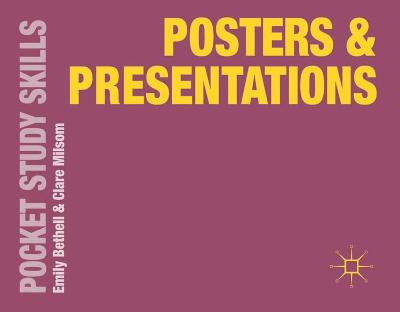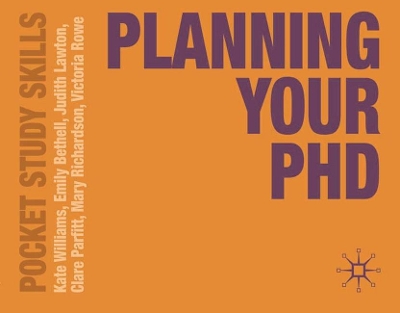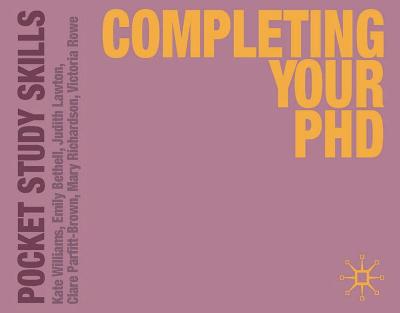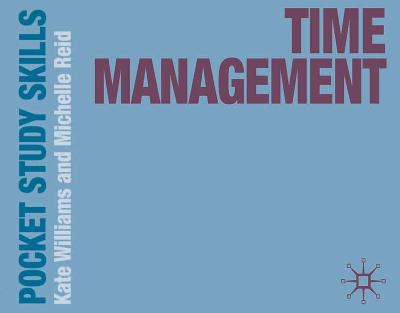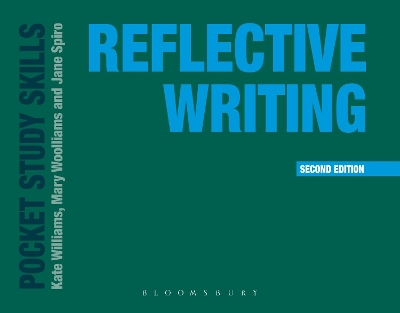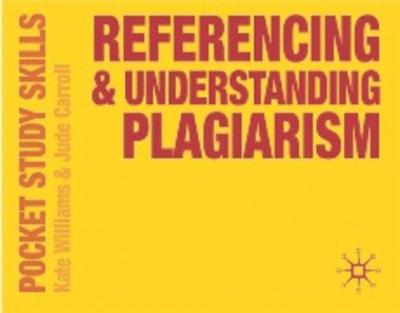Pocket Study Skills
6 total works
This practical pocket guide provides valuable advice on how to communicate ideas through effective posters and presentations. Following a clear, four-stage approach, the book encourages students to think, plan, do and reflect and brings the advice to life through lively illustrations and diagrams. It also contains guidance on how to apply these skills to contexts beyond academia, such as conferences and job applications.
This is an ideal resource for students of all disciplines and levels, who are required to create posters and deliver presentations as part of their course.
This practical guide is full of advice on how to make the most of the PhD experience. It covers the practicalities of embarking on a PhD and guides students through the process, from selecting a topic and securing finance to writing and publishing their thesis. It also includes a wealth of workshop activities to help students sharpen their focus and clarify their thoughts, and top tips for further development.
This is an essential guide for all current and soon-to-be PhD students. It also offers useful guidance for anyone considering pursuing research-based career.
This is an indispensable guide for PhD students of all disciplines. It is also an ideal companion to Planning Your PhD.
Concise yet effective, this is an essential resource for any student looking to improve their time management skills. Ideal for self-study, it contains a section on troubleshooting for those looking for a quick-fix solution.
This handy guide is an indispensable resource for students of all disciplines and levels, who are required to develop and demonstrate reflective qualities in their work. It will be particularly useful to students writing reflective logs on placements.
New to this Edition:
- Contains more content on the value and importance of reflection in other life contexts, so that students can appreciate its relevance from an early stage;
- Features a short overview of academic writing genres, to help students make connections between reflective writing and other forms of academic writing with which they are already familiar
- Covers alternative ways of capturing reflection, such as free-writing, blogs/vlogs and other technologies
- Includes new examples which show how students have re-worked their initial drafts to produce a better, more appropriate response
